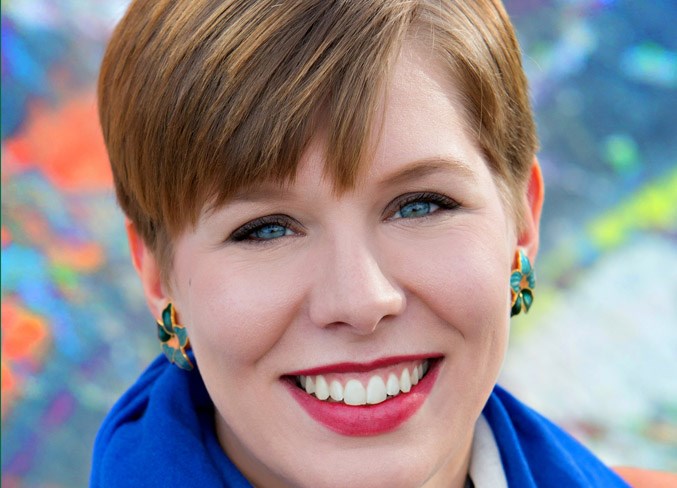PREVIEW
St. Albert Chamber Music Society Concert: Lesley Dolman
Saturday, Feb. 9 at 7:30 p.m.
St. Albert United Church
20 Green Grove Dr.
Tickets: $35, available at the door
The St. Albert Chamber Music Society has a mandate to help patrons discover and rediscover the enveloping sounds of classical music in new and different ways.
For its first concert of 2019, founder Nancy Watt invited St. Albert raised mezzo-soprano Lesley Dolman to perform a special recital at St. Albert United Church on Saturday, Feb. 9.
Joining her is cellist Caitlin Laslop, pianist/recorder virtuoso Dorothy Beyer and Michael Massey on harpsichord. Emerging vocalist Sofiya Chvojka, assisted by pianist Lilia Krieger, opens the concert.
Dolman has enjoyed a serpentine apprenticeship learning the opulent language of opera first obtaining an undergraduate degree at the University of British Columbia.
Unlike some contemporaries that are discovered at an early age, Dolman has worked hard to gain widespread recognition. She enrolled at the Manhattan School of Music and recently graduated with a master’s degree in the Opera Performance Program from the Royal Welsh College of Music and Drama.
The young mezzo-soprano’s resumé covers sweeping roles, ranging from Emma Jones in Kurt Weill’s Street Scene and Juno, Queen of Gods from G. F. Handel’s Semele to Dinah in Leonard Bernstein’s Trouble in Tahiti and Hippolyta/Hermia in Britten’s A Midsummer Night’s Dream.
Dolman’s preference for maintaining a base in Wales is logical. It’s the perfect location to fly between Europe, Britain and North America for upcoming jobs.
“Right now I’m focusing on the European scene. There’s a greater concentration on the music scene especially in countries like Germany, where every little city has its own opera house,” explained Dolman.
The Paul Kane graduate enjoyed a free hand in choosing the program’s repertoire, and strove to showcase the richness, beauty and vitality of chamber music from an eclectic mix of different eras.
A range of composers is represented, from Giacomo Meyerbeer, Arthur Law and Edith Cooke to Alfred Bunn, Michael Balfe and Richard Strauss.
From Jules Massenet’s catalogue, she pulled together three distinct pieces: Élegie, On dit! And Amours bénis.
“They’re not written to be together, but they fit well,” she said adding that “Massenet had a real talent for getting the emotion through in music much like Puccini or Verdi.”
Dolman also included several works from Russian composer Pauline Viardot’s Les étoiles, a poetic reflection on the stars and Libby Larsen’s more contemporary Try Me, Good King, a five-movement piece with text as the last recorded words of King Henry VIII’s wives.
“In this one I get to be a lot of different characters. Every movement is a different woman.”
From the late Baroque period Dolman draws on three of G.F. Handel’s arias: Sta nell’Ircana from Alcina, Ombra mai fu from Xerxes and Svegliatevi nel core from Giulio Cesare.
“I did the preliminary arranging, but Dorothy and Michael took them and made them infinitely better.”
While some may view the classical repertoire as old and fusty, Dolman sees the industry introducing fresh approaches where everything from appropriate working relationships to more women composers entering the field is being discussed.
“First and foremost, I hope everyone has a good time and leaves having enjoyed music they never heard before. Part of what I like to do is broaden people’s horizons.”




